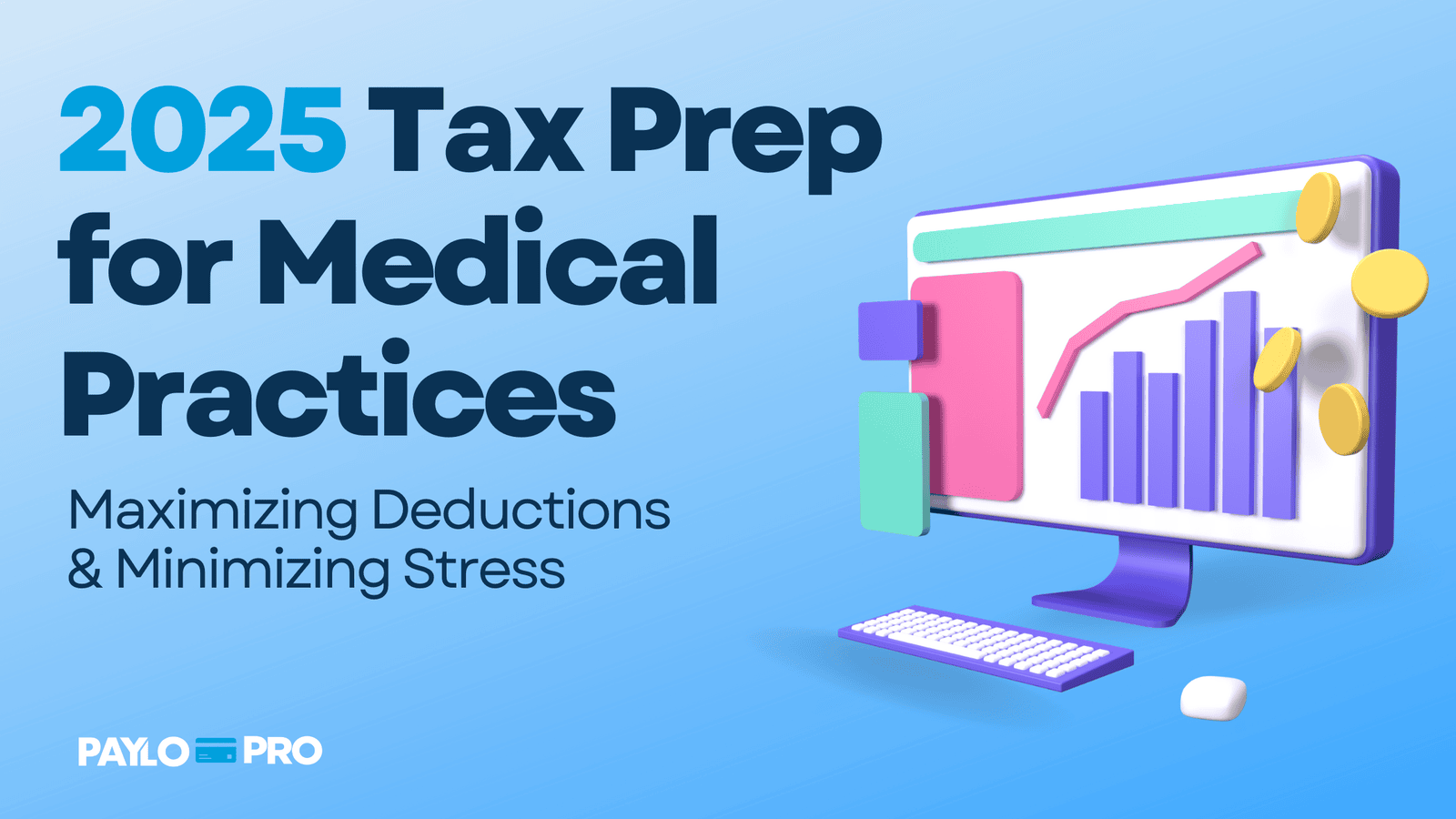
Tax season can be particularly complex for medical practices. With unique expenses, compliance requirements, and revenue streams, healthcare providers need to be strategic in their approach to tax planning. Proper preparation can help medical professionals minimize liabilities, maximize deductions, and ensure financial stability.
Key Tax Considerations for Medical Practices
Medical practices must account for a range of tax obligations, including:
Income Taxes: Due April 15 for sole proprietors and C corporations, and March 17 for partnerships and S corporations.
Payroll Taxes: Essential for practices with employees, covering Social Security, Medicare, and unemployment taxes.
Self-Employment Taxes: Physicians and independent practitioners must account for these on top of income tax.
Sales Taxes on Medical Equipment: Depending on the state, certain medical supplies may be subject to sales tax.
Beneficial Ownership Information (BOI) Reporting: Entities registered before January 1, 2024, must submit an initial BOI report to the Financial Crimes Enforcement Network (FinCEN) by January 1, 2025. Failure to comply could result in penalties.
Maximizing Tax Deductions
Medical practices have several opportunities to reduce taxable income through deductions, including:
- Medical Equipment & Supplies: The cost of purchasing, maintaining, and upgrading essential medical tools is deductible. Practices should also consider the phase-out of bonus depreciation, which is 60% in 2024 and set to decrease further in 2025.
- Office & Facility Expenses: Rent, utilities, and maintenance costs for a medical office are eligible deductions.
- Employee Salaries & Benefits: Wages, healthcare benefits, and retirement plan contributions can significantly reduce tax liabilities. With increased 401(k) contribution limits (now $23,500 in 2025), practice owners and employees can save more on taxes while planning for retirement.
- Continuing Education & Licensing Fees: Any fees for training, certification, and medical licensure are deductible business expenses.
- Malpractice Insurance: Given its necessity in the medical field, malpractice insurance premiums are a valuable deduction.
- Health Savings Accounts (HSAs) & FSAs: Contribution limits for 2025 have increased to $4,300 for individual HSAs and $8,550 for family coverage. FSAs have a new cap of $3,300, providing tax-advantaged savings for healthcare expenses.
Managing Tax Payments & Compliance
To avoid tax penalties and ensure compliance, medical practices should:
Keep Accurate Financial Records: Detailed bookkeeping and categorization of expenses will simplify tax filing.
Plan for Quarterly Tax Payments: Avoid unexpected tax bills by making timely estimated tax payments.
Understand State & Federal Requirements: Medical practices must adhere to both state and federal tax laws, which may differ based on practice location.
Consider Pass-Through Entity Tax Elections: In states like California, New York, and Illinois, practices structured as partnerships or S-corporations may benefit from paying taxes at the entity level to bypass federal deduction limits.
Work with a Tax Professional: Given the complexities of healthcare finances, consulting with a CPA or tax expert can help identify overlooked deductions and ensure compliance.
Using Cost Savings to Prepare for Tax Season
One way medical practices can free up cash for tax obligations is by reducing expenses related to credit card processing fees. Dual pricing models, like those offered by PayLo Pro, allow practices to pass credit card processing fees to patients who choose to pay with a card, while offering a lower price for cash payments.
✅ Lower Processing Costs: Reduce overhead by eliminating unnecessary card processing fees.
✅ Improve Cash Flow: Faster access to cash payments can help medical practices better manage tax obligations.
✅ Retain More Revenue: More savings mean more resources for tax payments, equipment upgrades, or staffing needs.
Prepare Your Practice for Tax Season
Tax season doesn’t have to be stressful for medical professionals. By understanding deductions, maintaining compliance, and implementing smart financial strategies, practices can navigate tax time with confidence.
💡 Looking for ways to reduce expenses? Learn more about how dual pricing with PayLo Pro can help free up funds for tax season and beyond.





